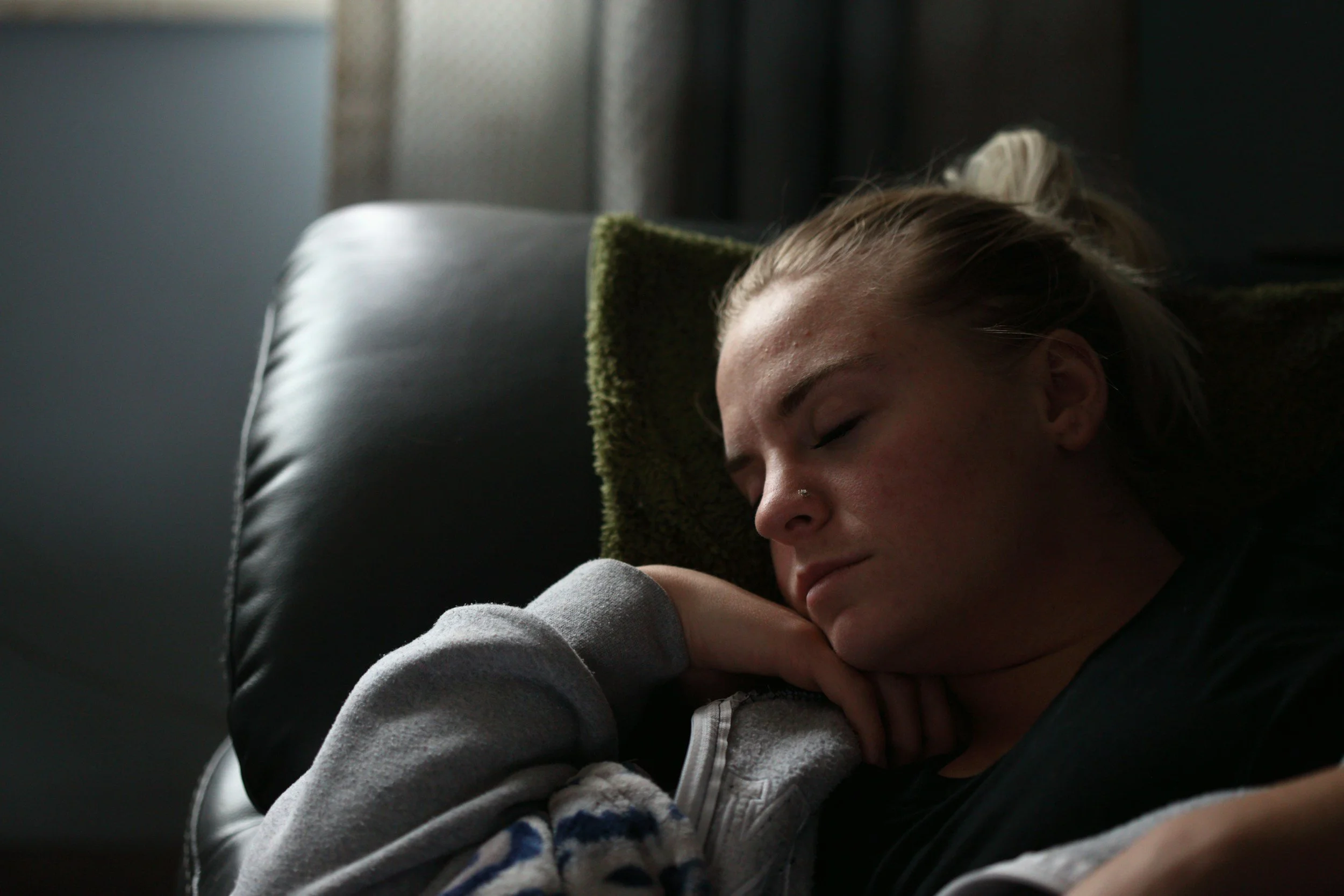Therapy for Relational Stress
At our core we are herd animals, and when our romantic, friendship, family, or even work relationships suffer, so does our well-being.
Some common issues that I find bring people into therapy include being stuck in recurring conflict, people pleasing patterns, feeling disconnected from others, trouble establishing new relationships, or struggling to grieve the loss of a relationship.
How Therapy Can Help You Manage Relational Stress
One of the powerful things about therapy is that the relationship we build together often becomes part of the healing process. While we’ll focus on the specific relationship or relationships that are causing you stress—whether romantic, familial, professional, or otherwise—we’ll also pay attention to the dynamics that naturally emerge between us. These moments can offer valuable insight into the patterns you tend to fall into with others.
Therapeutic Techniques for Treating Treating Relational Stress
Psychodynamic therapy helps us explore early experiences and unconscious patterns that may be shaping how you connect, detach, or react in relationships. Relational stress often has roots in past attachments or unresolved emotional wounds, and bringing these into awareness can be incredibly freeing.
Cognitive behavioral therapy (CBT) supports you in noticing unhelpful thought patterns and assumptions that may be fueling conflict or disconnection. We’ll work together to build more effective ways to communicate and navigate tension.
Dialectical behavior therapy (DBT) adds in practical tools for regulating emotions, staying grounded, and approaching tough conversations with more clarity and calm. These skills can be especially helpful when you’re feeling overwhelmed or stuck.
With acceptance and commitment therapy (ACT), we’ll focus on creating space for the full range of emotions that come up in relationships, without getting stuck in them, so you can act in ways that reflect your values and intentions.
Mindfulness practices are often woven throughout. These help you slow down, respond rather than react, and build greater empathy and presence in your connections with others.
Relational stress can come from feeling unseen, misunderstood, or caught in patterns that no longer serve you. Therapy gives you the chance to make sense of what’s happening beneath the surface and create space for relationships that feel more grounded, honest, and emotionally nourishing.
Getting Started
Schedule a complimentary 15-minute phone consultation. We’ll starrt to talk through the stuckness you’re seeing and talk about how we might work together.



